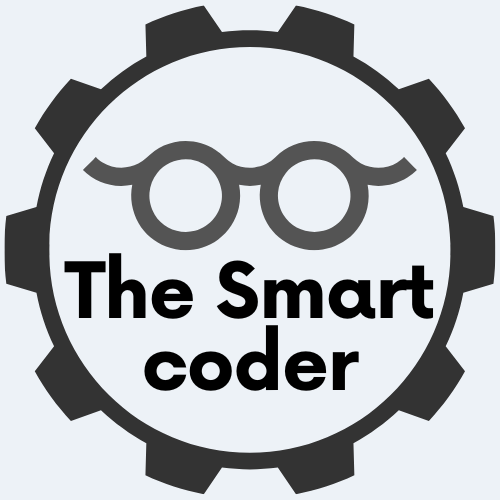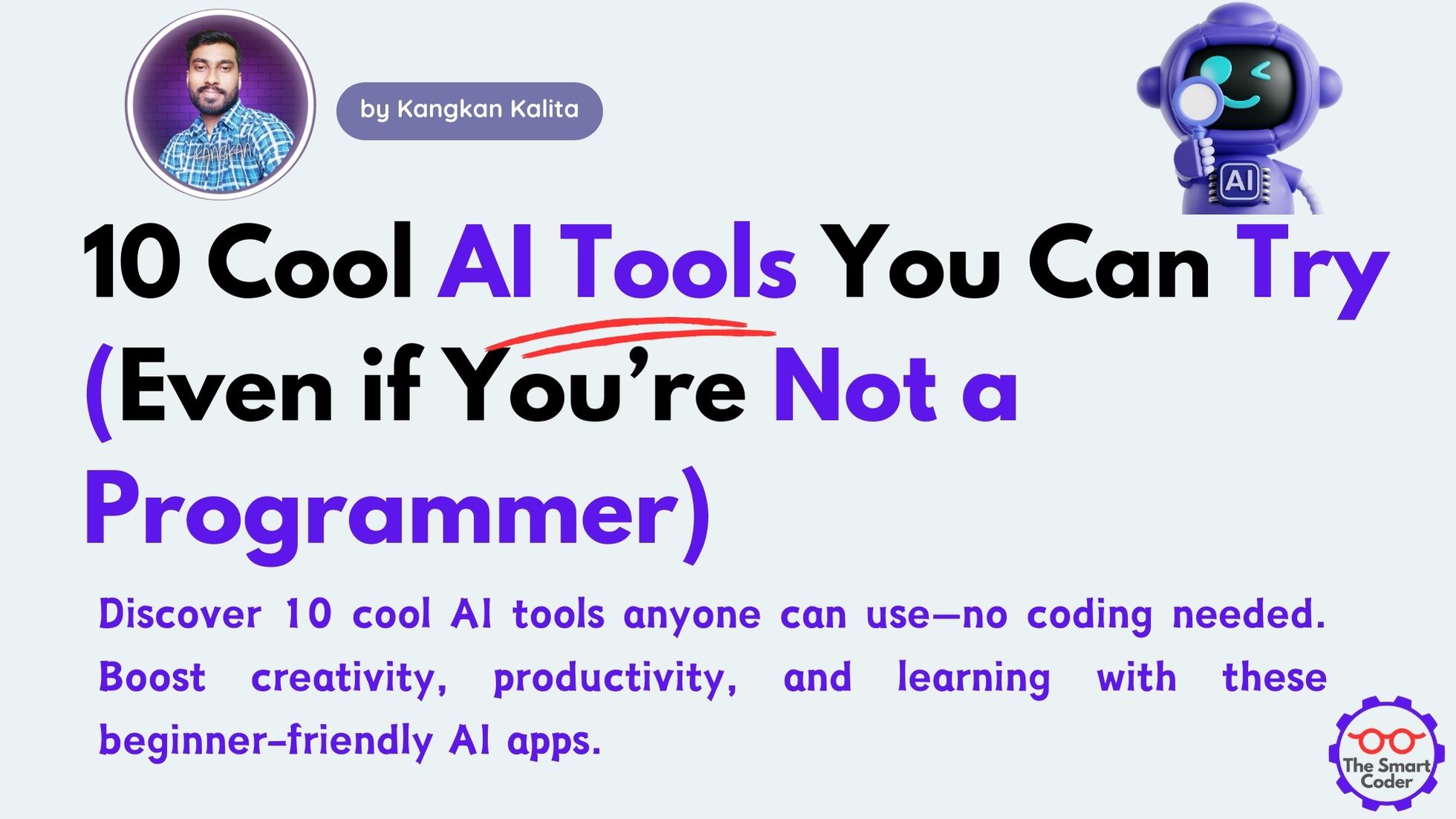AI Race: Comparing Deep Seek AI, ChatGPT, Gemini, and Copilot

Comparing Deep Seek AI, ChatGPT, Gemini, and Copilot
The rapid evolution of artificial intelligence (AI) has brought forth an array of sophisticated systems, each carving its own niche in the AI landscape. Among these, Deep Seek AI, ChatGPT, Gemini, and Copilot stand out as significant advancements, each offering unique capabilities tailored to different use cases. This blog dives deep into a comparison of these cutting-edge AI models, examining their strengths, applications, and limitations to help users understand their potential.
Deep Seek AI: Data Exploration and Decision-Making
Overview
Deep Seek AI is a robust AI platform that specializes in advanced data exploration, predictive analytics, and decision-making. It excels at analyzing structured and unstructured data, uncovering hidden patterns, and delivering actionable insights across multiple industries.
Key Features
- Dynamic Data Integration: Capable of processing data from diverse sources, such as IoT devices, databases, and social media.
- Predictive Analytics: Delivers highly accurate forecasts and trend analyses.
- Ethical AI Framework: Designed to ensure transparency and mitigate biases.
Applications
- Healthcare: Disease prediction and personalized treatment recommendations.
- Finance: Market trend forecasting and fraud detection.
- Environmental Science: Climate pattern analysis and disaster prediction.
Strengths
- Exceptional at handling complex datasets.
- Real-time decision-making capabilities.
- Strong focus on ethical AI.
Limitations
- High computational costs.
- Requires significant expertise for implementation.
ChatGPT: Conversational Intelligence
Overview
Developed by OpenAI, ChatGPT is an advanced natural language processing (NLP) model designed for human-like conversation. Its ability to understand and generate coherent text has made it a popular tool for a variety of applications, from customer support to content creation.
Key Features
- Conversational Expertise: Provides detailed, context-aware responses.
- Wide Knowledge Base: Trained on a diverse dataset spanning multiple domains.
- Customizable: Can be fine-tuned for specific industries or applications.
Applications
- Customer Support: Handles inquiries and resolves issues efficiently.
- Content Creation: Generates blogs, emails, and other written content.
- Education: Assists with tutoring and answering complex questions.
Strengths
- Human-like conversational abilities.
- Easy to integrate into chatbots and applications.
- Versatile across multiple domains.
Limitations
- Limited real-time data processing.
- May occasionally produce inaccurate or biased responses.
Gemini: Multimodal AI Integration
Overview
Gemini, developed by Google DeepMind, is a next-generation AI designed to integrate multiple modalities such as text, images, and video. Its ability to process and combine different types of data makes it a powerful tool for complex tasks.
Key Features
- Multimodal Capabilities: Processes text, images, and videos simultaneously.
- Context Awareness: Excels at understanding and generating outputs in multimodal environments.
- Google Ecosystem Integration: Seamlessly integrates with Google’s suite of tools.
Applications
- Creative Industries: Generates content across text, images, and videos.
- Healthcare: Analyzes medical images alongside patient data.
- Entertainment: Powers immersive experiences and media production.
Strengths
- Combines multiple data modalities.
- Ideal for creative and analytical tasks.
- Strong synergy with Google tools and infrastructure.
Limitations
- Still emerging, with limited adoption compared to other AI systems.
- High reliance on Google’s ecosystem.
Copilot: Developer-Focused AI
Overview
GitHub Copilot, powered by OpenAI Codex, is designed to assist developers by generating code snippets, offering suggestions, and automating repetitive programming tasks. It’s tailored specifically for software development workflows.
Key Features
- Code Suggestions: Offers real-time code completions and snippets.
- Language Support: Compatible with multiple programming languages.
- Contextual Understanding: Reads comments and code to provide accurate suggestions.
Applications
- Software Development: Automates repetitive coding tasks and accelerates development.
- Bug Fixing: Identifies and resolves coding errors efficiently.
- Learning Aid: Helps new developers understand code structures and best practices.
Strengths
- Streamlines coding processes.
- Reduces development time significantly.
- Provides valuable learning support for junior developers.
Limitations
- Limited to programming-related tasks.
- Occasionally generates incorrect or suboptimal code.
Head-to-Head Comparison
| Feature/Attribute | Deep Seek AI | ChatGPT | Gemini | Copilot |
|---|---|---|---|---|
| Primary Focus | Data exploration, predictive analytics | Conversational AI | Multimodal AI | Code generation |
| Key Strength | Predictive analytics and ethical AI | Human-like responses | Multimodal processing | Real-time coding support |
| Applications | Healthcare, finance, sustainability | Customer support, education | Creative industries, healthcare | Software development |
| Limitations | Computational cost, complexity | Occasional inaccuracies | Emerging tech, ecosystem reliance | Limited to coding |
Choosing the Right AI for Your Needs
The choice between Deep Seek AI, ChatGPT, Gemini, and Copilot largely depends on your specific requirements:
- For Data Exploration and Decision-Making: Deep Seek AI is the ideal choice, especially for industries requiring deep insights and predictive capabilities.
- For Conversational AI: ChatGPT excels in delivering human-like interactions, making it perfect for customer-facing roles and content generation.
- For Multimodal Creativity: Gemini is best suited for tasks involving text, images, and video integration, particularly in creative or analytical fields.
- For Software Development: Copilot is unmatched in supporting developers with real-time coding assistance and automation.
Future Prospects
As these AI systems continue to evolve, the lines between their capabilities may blur. For instance, future iterations of ChatGPT and Gemini could incorporate deeper data exploration features, while Deep Seek AI might expand into multimodal processing. Similarly, Copilot’s code-generation prowess may extend to other areas like natural language automation.
The race in AI innovation is not just about individual systems excelling but about collaboration and integration. Imagine a scenario where Deep Seek AI’s data insights are seamlessly integrated with Gemini’s multimodal capabilities, ChatGPT’s conversational skills, and Copilot’s automation. Such synergies could redefine what’s possible with AI.
Conclusion
The AI race is heating up, with Deep Seek AI, ChatGPT, Gemini, and Copilot leading the charge in their respective domains. Each system brings unique strengths and addresses distinct challenges, empowering industries and individuals alike. By understanding their capabilities and limitations, users can make informed decisions about which AI tool best aligns with their needs.
As technology advances, the competition will drive further innovation, bridging the gaps between these systems and unlocking new possibilities. Whether you’re a data scientist, developer, business leader, or creative professional, the future of AI holds exciting opportunities to explore. The AI race is not just about competition – it’s about collaboration, creativity, and pushing the boundaries of what’s possible.





